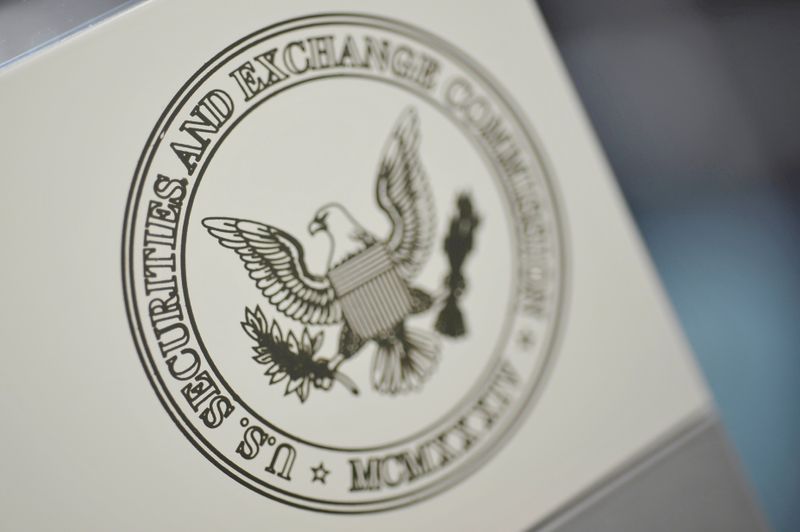WASHINGTON (Reuters) – The U.S. Securities and Exchange Commission on Friday said it has found “potentially misleading” claims and inadequate controls around investing environmental, social and governance (ESG) issues in a review of investment advisors and funds.
The regulator warned funds that its review had turned up a range of issues where stated approaches of funds or advisors did not match actions. That included examples with how firms handled proxy voting on behalf of investors, as well as “unsubstantiated and potentially misleading claims” regarding socially responsible investment strategies.
The alert is the latest in a series of actions the agency has taken to incorporate climate risks and social and governance issues into its framework since the inauguration President Joe Biden.
Last month, the SEC deployed a team to police climate risk disclosure issues. It has also launched an effort to update guidance for public companies on how they share information with investors on climate risk and made the topic a priority for 2021 examinations.
Socially responsible funds have grown more popular with investors in recent years. A record $51 billion flooded into sustainable U.S. funds in 2020 alone, according to Morningstar. But critics have said that some may overstate their credentials to attract cash.
The SEC’s exam staff, which is continuing its review, found instances where firms did not have formal processes in place for ESG investing, though they claimed to. In some cases, the SEC said advisors did not have ways to “reasonably track” or screen for investments in certain industries.
In the case of proxy voting, the SEC said it found instances where some investors were told they could vote separately on ESG-related proposals, but then were never given that chance.
(Reporting by Chris Prentice; Editing by David Gregorio)






















